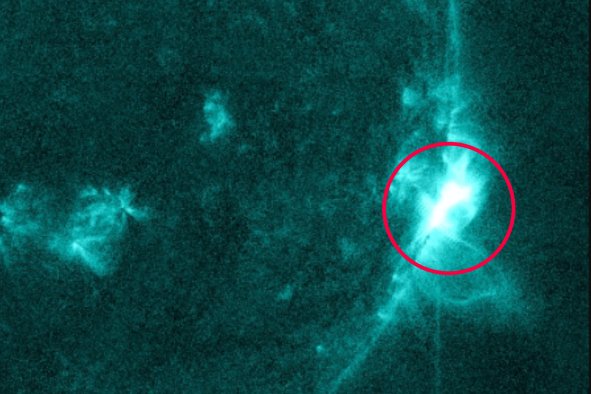Food safety regulators around the world have launched investigations into two brands of Indian spice blends over concerns that they may be contaminated with cancer-causing pesticides.
In April, Singapore and Hong Kong suspended sales of spice blends from two top Indian brands, MDH and Everest, because of their allegedly high levels of the pesticide ethylene oxide, Reuters reported. The U.S. Food and Drug Administration (FDA) is also gathering information about the alleged contamination, and regulators in New Zealand and Australia have launched their own investigations, according to the report.
Ethylene oxide is often used to sterilize spices and reduce microbial contamination, according to the U.S. Environmental Protection Agency. However, it is also known to be a carcinogen in humans, with evidence linking the chemical to an increased risk of lymphoid and breast cancers. The use of ethylene oxide in food is banned in many countries, although it is still permitted in the U.S. at low concentrations.
Following the allegations, the Food Safety and Standards Authority of India, the country's food regulator, is investigating the quality standards of both MDH and Everest. The Spices Board, the industry's regulator in India, has initiated mandatory testing for ethylene oxide in spice consignments to Singapore and Hong Kong and strict monitoring of shipments to other countries.
The products under scrutiny are Madras Curry Powder, Sambhar Masala and Curry Powder, which are produced by MDH, and Fish Curry Masala, which is made by Everest.
Newsweek contacted MDH and Everest by email for comment. In the past, MDH and Everest have insisted that their products are safe for human consumption.
India, the world's largest spice producer, exports nearly $4 billion worth of spices every year and accounts for 12 percent of the global export market, according to the BBC. MDH and Everest Food Products are two of the largest spice blend manufacturers in the country and are popular and trusted abroad and at home.
This is not the first time Everest has been the subject of food safety investigations. In 2023, shipments of Everest's Garam Masala and Sambhar Masala spice blends were recalled because of contamination with salmonella, while a recall of MDH Sambar Masala was announced in 2019 for the same reason. Since 2021, 14.5 percent of MDH spice shipments to the U.S. have been rejected because of salmonella contamination, a Reuters analysis of FDA data found.
Do you have a tip on a health story that Newsweek should be covering? Do you have a question about food contamination? Let us know via science@newsweek.com.
Disclaimer: The copyright of this article belongs to the original author. Reposting this article is solely for the purpose of information dissemination and does not constitute any investment advice. If there is any infringement, please contact us immediately. We will make corrections or deletions as necessary. Thank you.



